Putin says situation 'extremely complicated' in Russia's new regions amid new threats
Russian President Vladimir Putin says the situation in four former regions of Ukraine that recently voted to join the Russian union is "extremely complicated", urging the country’s security agencies to remain vigilant in the wake of new threats and challenges.
In a video address published by the Kremlin, Putin said, “Today’s rapidly changing global situation and the emergence of new threats and challenges impose high demands on the entire system of Russia’s security agencies.” He urged the agencies to use their experience and potential “to the fullest".
The Russian president praised the country's premier security agencies, including the Federal Security Service (FSB), Foreign Intelligence Service (SVR), Federal Protective Service (FSO), and the Main Directorate of Special Programs (GUSP), for protecting the country's constitutional order and territorial integrity, state media reported.
Putin added that the situation in former Ukrainian regions that recently incorporated into Russia was "extremely complicated".
“The situation in the Donetsk and Lugansk People’s Republics, and the Kherson and Zaporizhzhia Regions is extremely complicated. But the people who live there, Russian citizens, are counting on you and your protection," the Russian president noted.
"And your duty is to do everything in your power to ensure their safety and respect for their rights and freedoms."
In September this year, Putin signed a decree for the formal accession of the four regions to the Russian Federation, a move that Ukraine and its Western allies decried as illegal.
Back then, Putin announced that people in these regions are now considered Russian citizens as they have made their choice in referendums.
In his speech on Tuesday, which marks the professional holiday of December 20 for Russia's security agencies, Putin pointed to "the emergence of new threats and challenges", and ordered the FSB to continue their counter-terrorism efforts and to combat spies.
"The counterintelligence agencies, including the military ones, need to show utmost readiness and concentration. It is necessary to put a firm stop to the activities of foreign special services, and to promptly identify traitors, spies and diversionists," the Russian president stressed.
On Monday, Putin made his first visit to Belarus since 2019, meeting his ally Alexander Lukashenko.
The visit reportedly raised fears in Kiev that Moscow wants Belarus to join the war in Ukraine, which is already in its tenth month, but the concerns were categorically dismissed by the two countries.
The RIA Novosti news agency on Monday quoted Kremlin spokesperson Dmitry Peskov as saying such reports were "groundless" and "stupid".
Lukashenko has also repeatedly said he has no intention of deploying Belarusian troops into Ukraine.
Meanwhile, Kiev has once requested the West for more weapons.
"Weapons, shells, new defense capabilities...everything that will give us the ability to speed up the end to this war," the embattled Ukrainian president Volodymyr Zelensky said on Monday evening.
Russia launched its military operation in Ukraine in late February, following Kiev’s failure to implement the terms of the Minsk agreements and Moscow’s recognition of the breakaway regions of Donetsk and Luhansk.
At the time, Russian President Vladimir Putin said one of the goals of what he called a “special military operation” was to “de-Nazify” Ukraine.
Since the beginning of the war, Ukraine's Western allies, including the European Union and the US, have supplied large consignments of weaponry to Kiev while slapping Russia with a slew of sanctions.
Moscow has repeatedly warned that such measures will only prolong the war.
Pezeshkian to US, Europeans: You are killing women, children
VIDEO | COP29: another climate failure?
ICC issues arrest warrants for Netanyahu, Gallant for war crimes
Israeli strikes kill 88 Palestinians in northern Gaza
American voters plainly rejected complicity in Gaza genocide: Iran FM spox
ICC should issue more arrest warrants for Israeli authorities over Gaza genocide: UN expert
Israel using AI weapons co-produced by India in Gaza genocide: Report
Israel issues new evacuation orders, shortly launches strikes on southern Lebanon


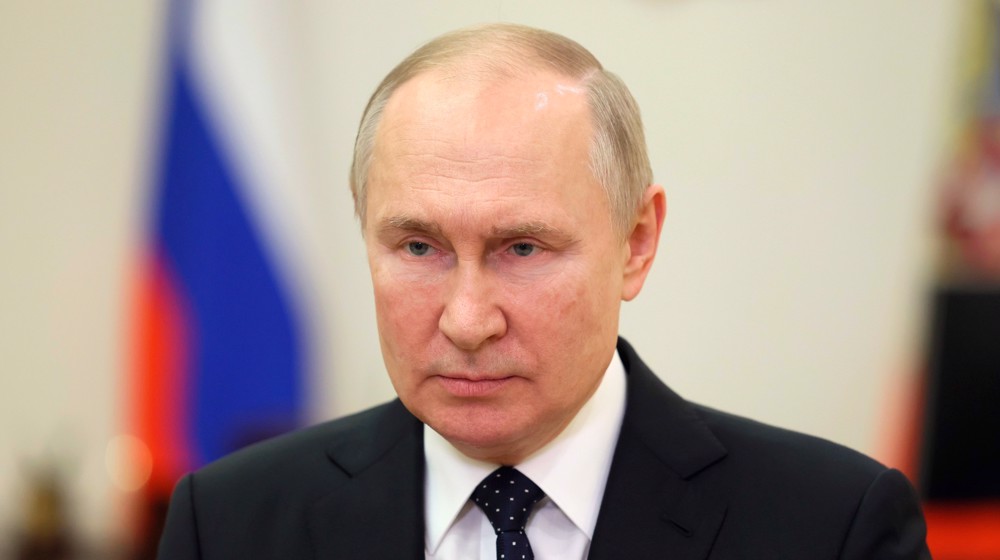
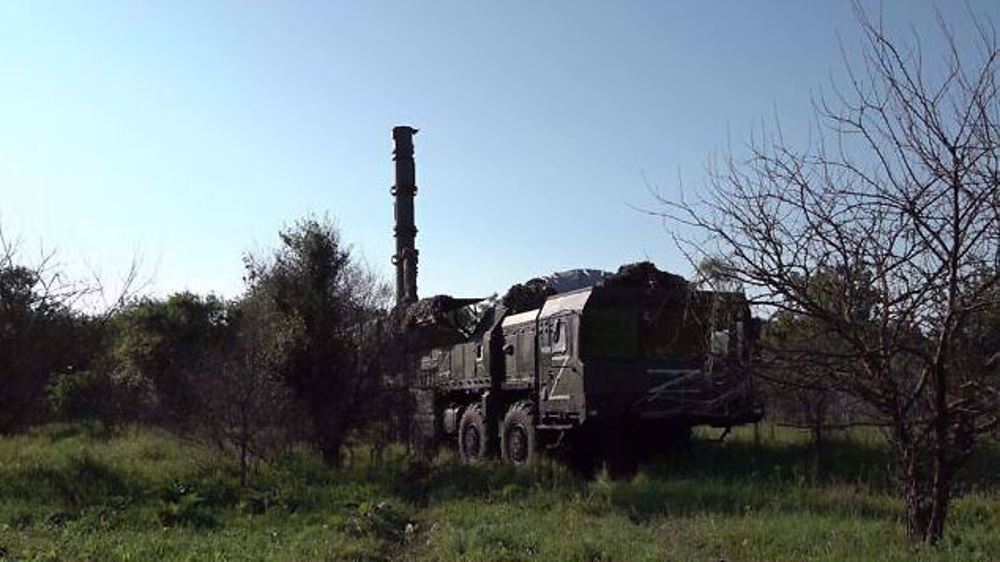
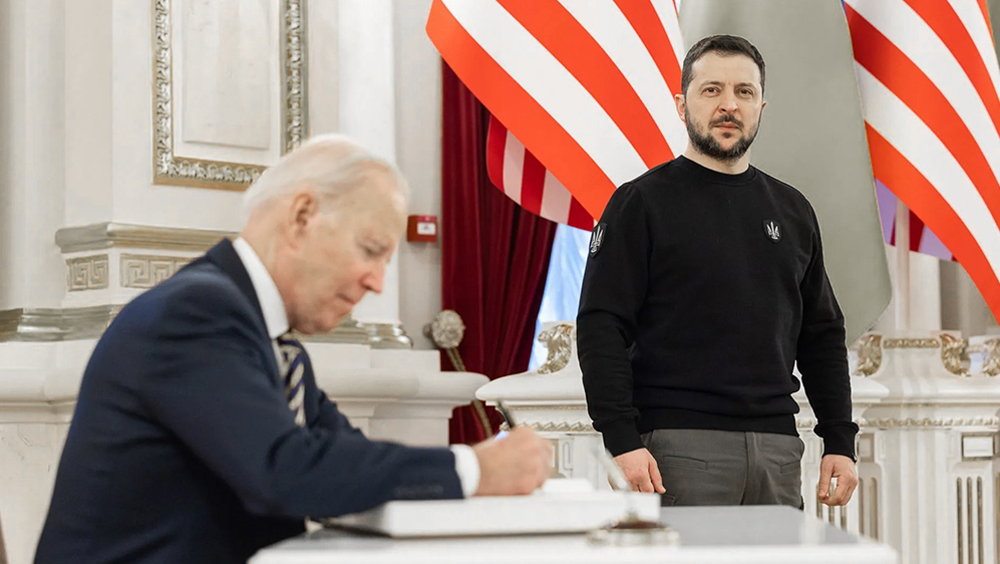
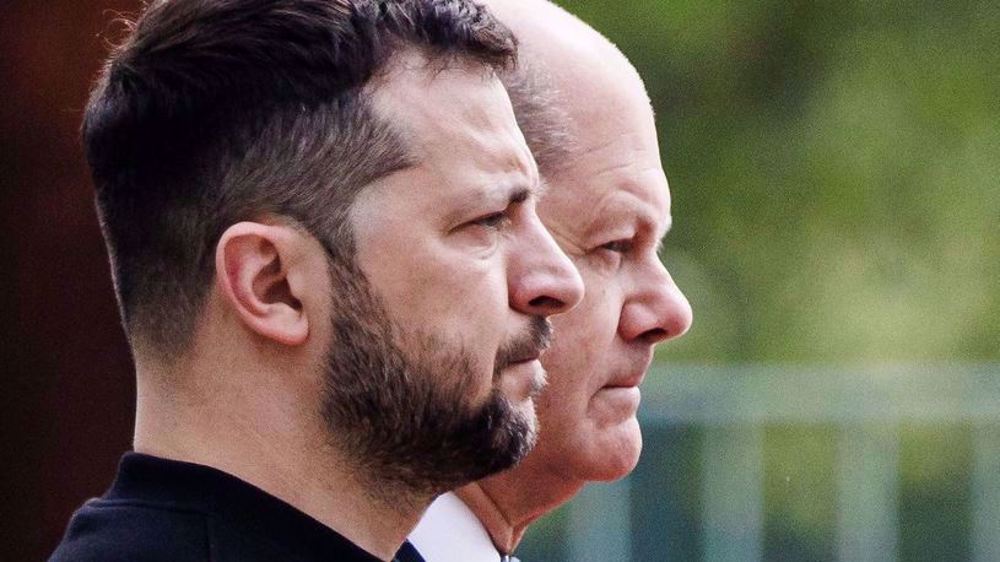



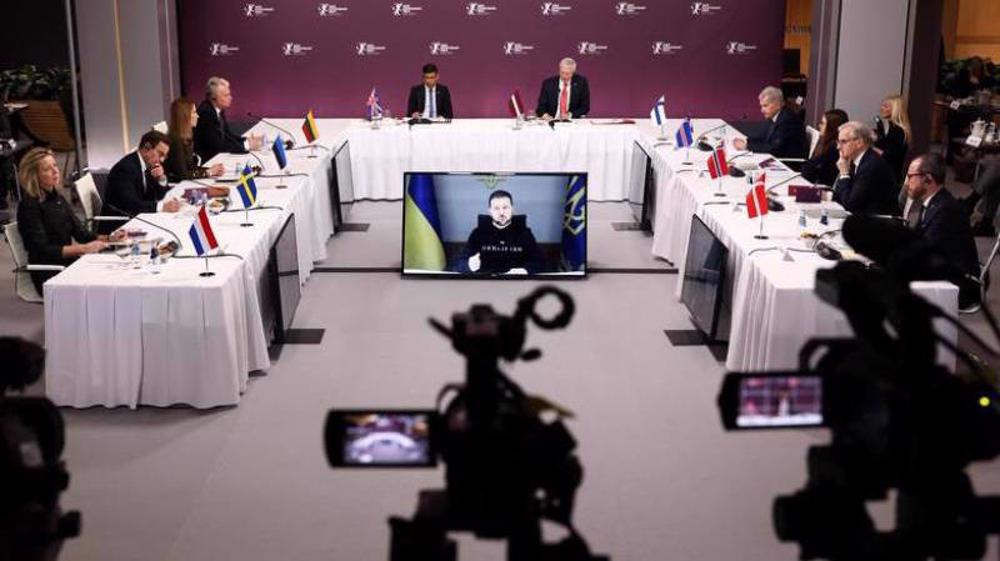
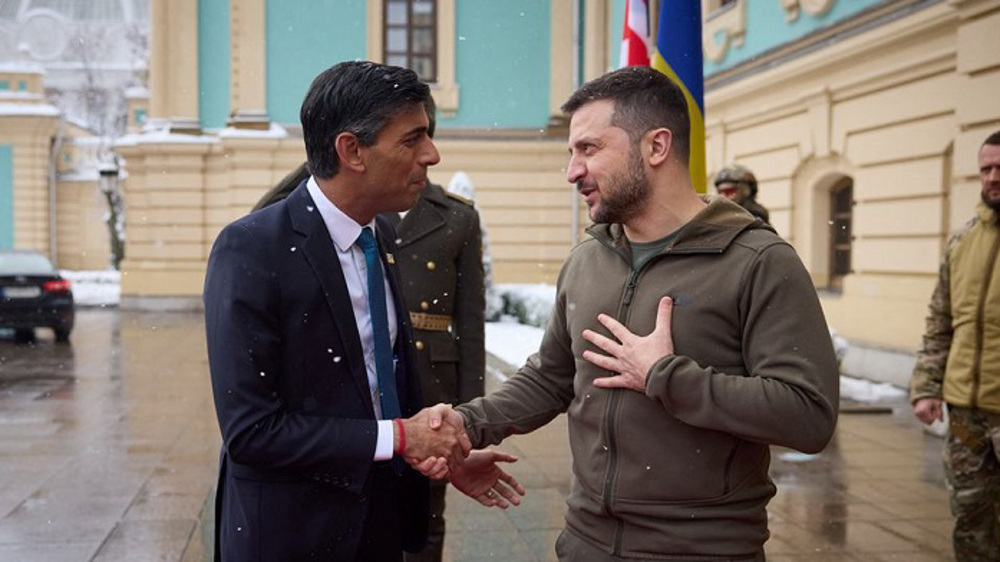

 This makes it easy to access the Press TV website
This makes it easy to access the Press TV website